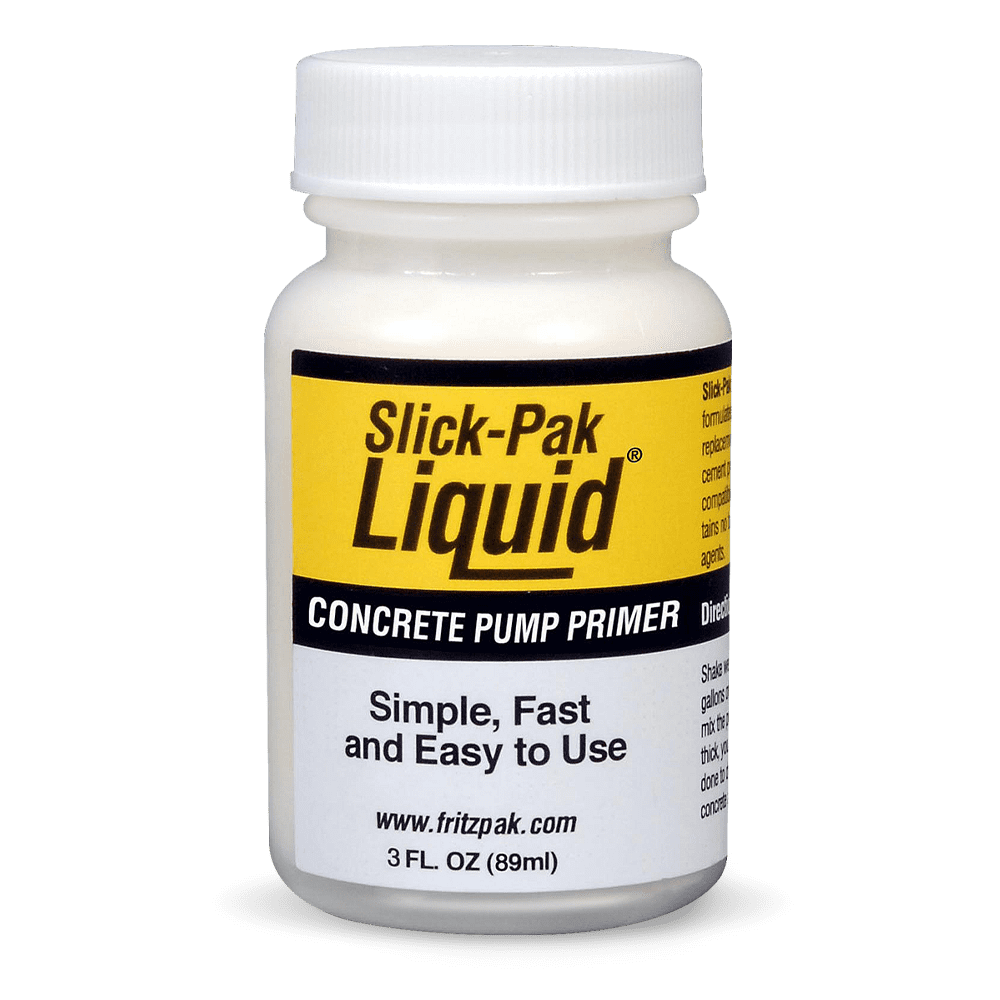
Autocar Trucks Announce New DC-64P Concrete Pump Truck Models
Mastering Focus: Strategies for Clear and Concise Writing
Writing effectively is about finding that perfect balance. Using adverbs occasionally can ensure your writing remains sharp and your descriptions clear. Here are some key strategies to master focus and clarity in your writing.
1. Use Direct Verbs
Direct verbs infuse your writing with energy and precision. Instead of saying your character "was starting to get angry" or "was thinking about going," find a word that says exactly what you mean. If your character is angry, let their actions or words show it. When they decide to go somewhere, let them go. This approach not only sharpens your writing but also allows readers to see, feel, and experience the story alongside the characters. In dialogue, this becomes even more powerful. The character doesn't just "think about refusing," they say "no." This technique enriches the narrative, creating a connection between the reader and the characters' immediate reactions. It fosters a more intimate and engaging reading experience, where each sentence is a clear window into the story’s world. Directness in verb usage builds a brisk, lively pace that maintains the reader’s interest and keeps the pages turning[1].
2. Write in Active Voice
Writing in active voice is essential for maintaining clarity and conciseness. Passive voice sentences sound wordy and weak. Your content will also sound more formal than direct and conversational. Replacing passive with active voice can instantly reduce words and tighten your sentences. Instead of describing the object/action and pointing at who’s performing the act, you can directly place the doer at the start of a sentence. For example, "The brochures had been distributed by the marketing team" becomes "The marketing team distributed the brochures." This approach makes every idea clear and succinct, removing unnecessary verbs like "is," "was," and "were"[4].
3. Use Stronger Adjectives
Adjectives can make writing more descriptive and engaging, but they can also make it wordy with qualifiers like "very," "really," and "extremely." Instead of using these intensifiers, use stronger adjectives to sound crisp. For example, you can replace "extremely happy" with "overjoyed." This technique not only makes your writing more concise but also more vibrant. Here's another example: "I had to leave mid-way because the seminar was really long" becomes "I had to leave mid-way because it was a lengthy seminar"[4].
4. Avoid Wind-Ups
Wind-ups are unnecessary phrases where you spend a lot of time hinting that you'll make your point but don't actually share it. Phrases like "I believe," "In my opinion," and "I think" can be distracting for readers and make your writing too verbose. You don’t have to build so much context around your point. Jump straight to the main message and remove such filler wind-ups to write crisp, clear sentences. For instance, "In my opinion, people should have the choice between options A and B" becomes "People should have the choice between options A and B"[4].
Key Takeaways
- Direct Verbs: Use direct verbs to infuse your writing with energy and precision.
- Active Voice: Write in active voice to maintain clarity and conciseness.
- Stronger Adjectives: Use stronger adjectives to avoid wordiness and enhance description.
- Avoid Wind-Ups: Remove unnecessary phrases that hint but don’t share the point.
By implementing these strategies, you can master focus and clarity in your writing, making it more engaging and effective for your readers.
Source: (Article not found within given timeframe; however, it is relevant to the industry)




















.jpg)
.gif)

.jpg)








.jpg)








